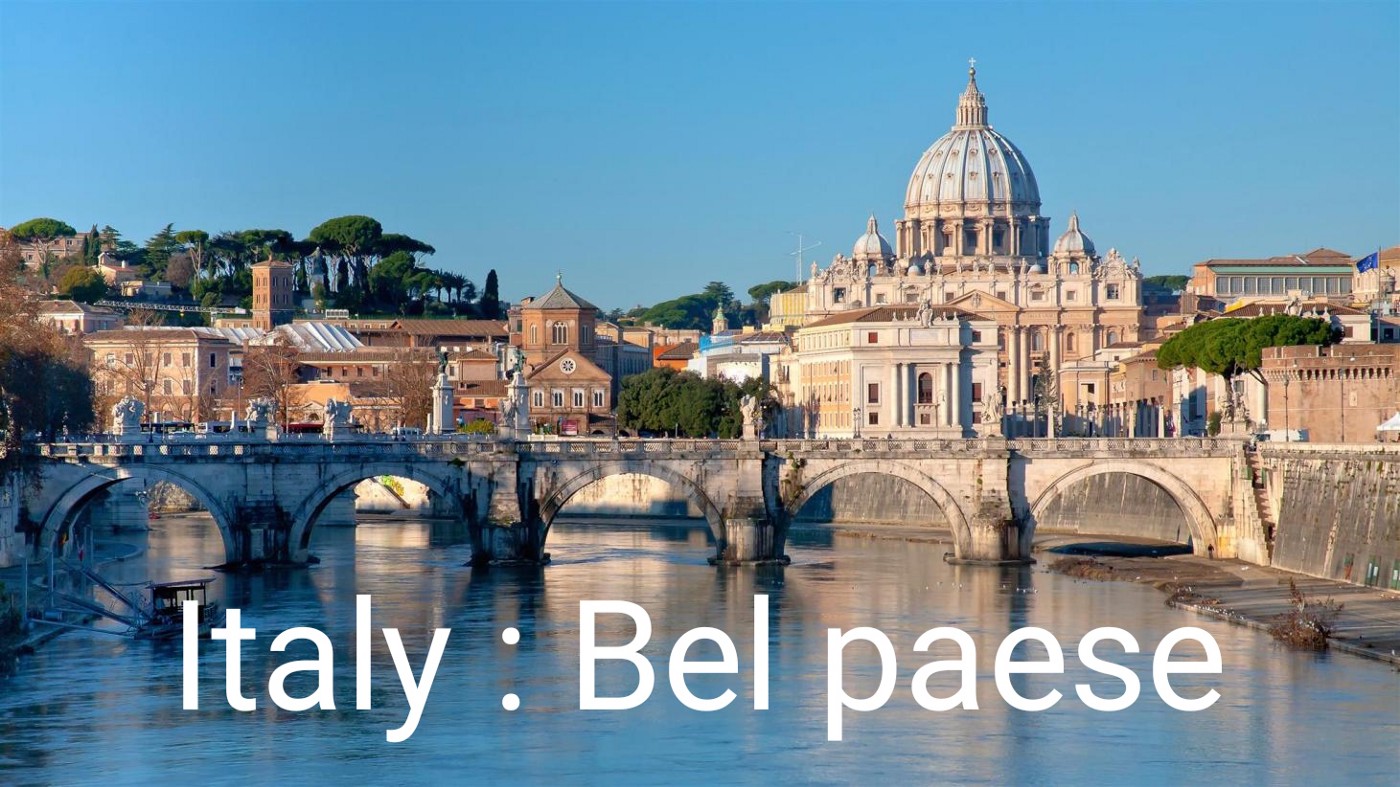 “The Italian we speak today, therefore, is not Roman or Venetian (though these were the powerful military and merchant cities) nor even really entirely Florentine. Essentially, it is Dantean. No other European language has such an artistic pedigree. And perhaps no language was ever more perfectly ordained to express human emotions than this fourteenth-century Florentine Italian, as embellished by one of Western civilization’s greatest poets. Dante wrote his Divine Comedy in terza rima, triple rhyme, a chain of rhymes with each rhyme repeating three times every five lines, giving his pretty Florentine vernacular what scholars call a ‘cascading rhythm’ –a rhythm which still lives in the tumbling, poetic cadences spoken by Italian cabdrivers and butchers and government administrators even today. The last line of the Divine Comedy, in which Dante is faced with the vision of God Himself, is a sentiment that is still easily understandable by anyone familiar with so-called modern Italian. Dante writes that God is not merely a blinding vision of glorious light, but that He is, most of all, l’amor che move sole e l’altre stelle. . .
“The Italian we speak today, therefore, is not Roman or Venetian (though these were the powerful military and merchant cities) nor even really entirely Florentine. Essentially, it is Dantean. No other European language has such an artistic pedigree. And perhaps no language was ever more perfectly ordained to express human emotions than this fourteenth-century Florentine Italian, as embellished by one of Western civilization’s greatest poets. Dante wrote his Divine Comedy in terza rima, triple rhyme, a chain of rhymes with each rhyme repeating three times every five lines, giving his pretty Florentine vernacular what scholars call a ‘cascading rhythm’ –a rhythm which still lives in the tumbling, poetic cadences spoken by Italian cabdrivers and butchers and government administrators even today. The last line of the Divine Comedy, in which Dante is faced with the vision of God Himself, is a sentiment that is still easily understandable by anyone familiar with so-called modern Italian. Dante writes that God is not merely a blinding vision of glorious light, but that He is, most of all, l’amor che move sole e l’altre stelle. . .
“‘The love that moves the sun and the other stars.’
“So it’s really no wonder that I want so desperately to learn this language.”
– Elizabeth Gilbert, Eat, Pray, Love (2006)




